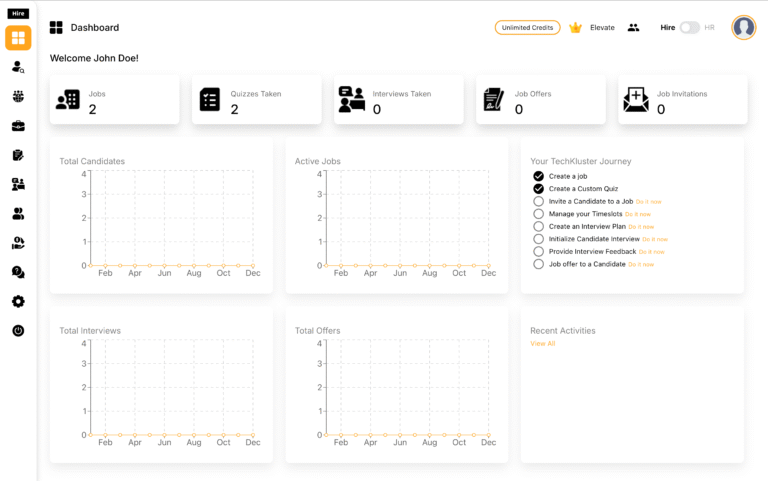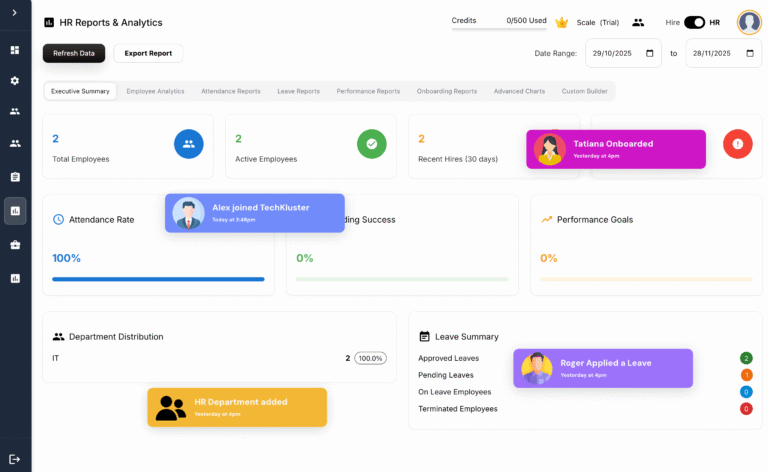In the realm of the Go programming language, documentation plays a pivotal role in the development process. It not only helps developers understand the usage of libraries but also fosters collaboration and community growth. Godoc.org, a popular service for hosting Go package documentation, has been a reliable resource for Go developers for many years. However, …
In the realm of the Go programming language, documentation plays a pivotal role in the development process. It not only helps developers understand the usage of libraries but also fosters collaboration and community growth. Godoc.org, a popular service for hosting Go package documentation, has been a reliable resource for Go developers for many years. However, as of November 1, 2022, the Go community has transitioned to pkg.go.dev, and now redirects requests from godoc.org to the new domain. In this article, we’ll delve into the reasons behind this transition, the benefits of pkg.go.dev, and provide instructions on how to set up your own redirects from godoc.org to pkg.go.dev.
Why the Transition from godoc.org to pkg.go.dev?
The transition from godoc.org to pkg.go.dev is part of the Go team’s efforts to provide a more integrated and improved developer experience. There are several compelling reasons for this transition:
- Enhanced Features: Pkg.go.dev offers a more feature-rich experience compared to godoc.org. It provides detailed package documentation, a better search interface, and even the ability to add examples and tutorials.
- Community Collaboration: Pkg.go.dev encourages community collaboration by allowing users to contribute to documentation and improve the overall quality of Go packages.
- Better Integration: As a part of the larger Go ecosystem, pkg.go.dev is better integrated with other Go tools, making it easier for developers to work with packages and libraries.
- Security and Maintenance: Pkg.go.dev ensures that packages are up-to-date and verified for security, which is vital for the reliability and trustworthiness of the Go ecosystem.
Setting Up Redirects from godoc.org to pkg.go.dev
If you have your own Go packages and want to redirect users from godoc.org to pkg.go.dev for your package documentation, it’s a straightforward process. Below are the steps to set up such redirects:
1. Create a godoc.org x-redirect file
To set up the redirect, you’ll need to create a special x-redirect file in the repository of your Go package. This file will specify the redirect target, which is pkg.go.dev in this case.
Here’s an example of what the x-redirect file may look like:
# Redirect to pkg.go.dev
https://godoc.org/Make sure to replace
2. Commit and Push the x-redirect file
After creating the x-redirect file, commit and push it to your Go package’s repository. This is essential for the redirection to work.
3. Verify the Redirect
Once you’ve made the necessary changes and pushed them to your repository, your godoc.org links should now automatically redirect to pkg.go.dev. To test this, you can try visiting the old godoc.org link, and it should seamlessly take you to the corresponding pkg.go.dev page.
Ensuring a smooth transition for your users is vital. Here are some additional steps you can take to make the process as seamless as possible:
1. Update Documentation Links
While the redirection mechanism takes care of old godoc.org links, it’s a good practice to update the links in your documentation, README files, and other relevant places to point directly to pkg.go.dev. This helps users who might manually type or copy links.
2. Communicate the Change
Notify your users, community, and collaborators about the transition. Inform them about the benefits of pkg.go.dev and the changes you’ve made. This can be done through project announcements, mailing lists, or community forums.
3. Encourage Community Involvement
Emphasize the benefits of the collaborative features on pkg.go.dev. Encourage your users and contributors to improve documentation, add examples, and provide feedback, ultimately enhancing the quality and usability of your Go package.
Additional Considerations
While the primary focus of this article has been the transition from godoc.org to pkg.go.dev, there are a few additional considerations to keep in mind:
Documentation Quality
With the transition to pkg.go.dev, there’s an opportunity to improve the quality and comprehensiveness of your package documentation. Take time to review and enhance your package documentation to provide better value to your users.
Versioning
Package versioning is crucial for maintaining compatibility and managing dependencies. Ensure that you clearly define and follow a versioning strategy for your Go packages.
Regular Updates
Keep your Go packages and their documentation up to date. Frequent updates not only enhance the reliability and security of your packages but also contribute to a positive user experience.
In Conclusion
The transition from godoc.org to pkg.go.dev is a significant step forward for the Go programming community, offering a more feature-rich and collaborative environment for package documentation. As a Go package maintainer, it’s essential to ensure that your users have a smooth and seamless transition to the new platform.
By following the steps outlined in this article, you can redirect godoc.org links to pkg.go.dev, update your documentation, and communicate the change effectively. This transition not only benefits your users but also contributes to the overall improvement and growth of the Go ecosystem. Embrace these changes, and your Go packages will thrive in the new era of Go development.





